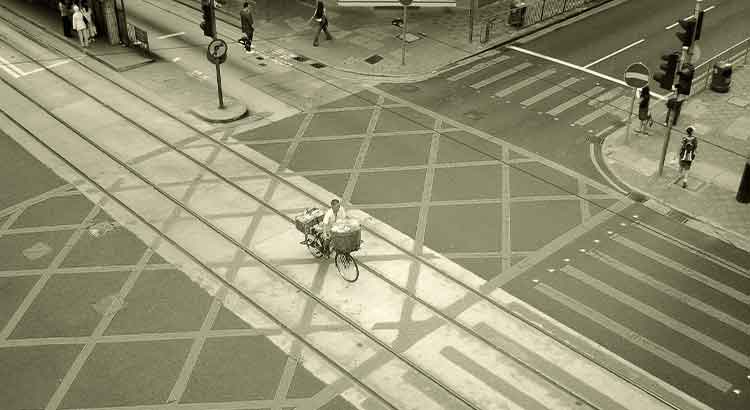It is prudent when Ortega y Gasset says that “yo soy yo y mi circunstancia, y si no la salvo a ella no me salvo yo,” and also the realization that, living for his time, man lives for all times. There is, however, a danger in this. Dostoevsky inserted a timeless theme into the setting of his time; Dante represented the morals of his time in sublime verses whose essence lay in an acronymic spiritual drama. It is impossible to abstract them from circumstance without deforming them, yet in both, circumstance does nothing but pigment—individualizing, of course—a universal expression common to men of all times. The author, if obsessed with his circumstance and devoid of a sense of timelessness, tends to lose himself in ephemeral futilities, becoming irrelevant to the future, or even outside his social circle. More than anything, it is necessary that he develops a sense of what passes and what remains, of the detail and the essential; otherwise he will be fatally forgotten.
Man and His Circumstance
